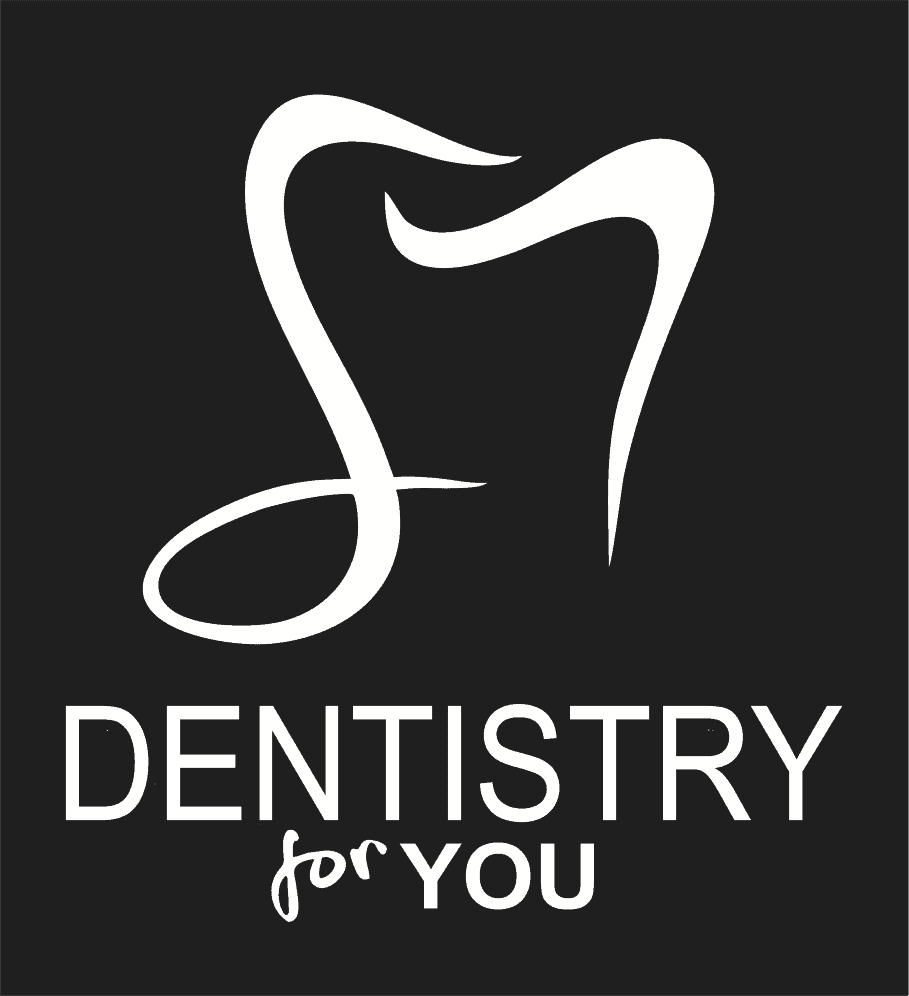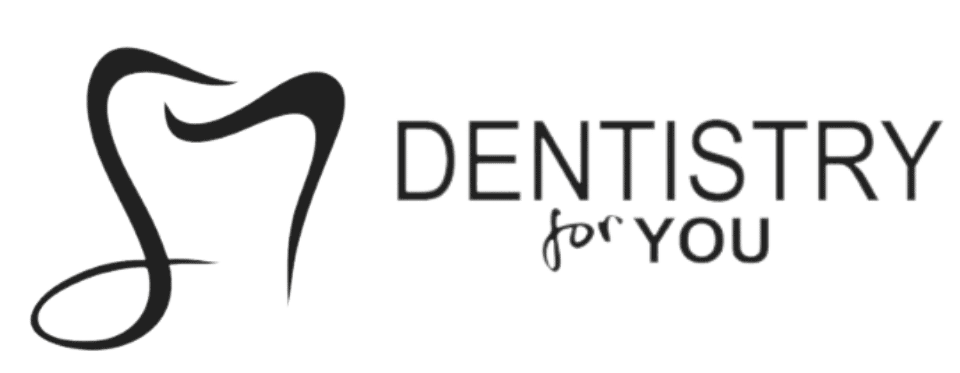
07 Mar Can TMJ Go Away On Its’ Own?
Does TMJ Require Professional Intervention?
Do you sometimes wake up in the morning with a sore jaw, have headaches every few days, or feel like your teeth are misaligned? If so, these can be signs of TMJ disorder. Though this condition is fairly common, many people are unsure whether or not it requires professional help.
So, can TMJ go away on its’ own? Generally, no. Many people attempt to self-treat their TMJ disorder with over-the-counter medications and other remedies, but this typically does not offer long-term relief or a resolution of the problem. The primary benefit of seeking professional help for TMJ is that it can be diagnosed and treated correctly from the outset.
If you’re curious about how long-lasting effects from TMJ could be and whether symptoms can just go away without treatment then read on to learn more!
What Is TMJ And What Causes It
TMJ, or Temporomandibular joint disorder, is a condition that affects the jaw joint and associated muscles. It can cause facial pain and changes how you bite together. Some of the most common causes of TMJ include grinding your teeth, arthritis, muscular tension in the jaw area, disk displacement, or inflammation around the joint itself. There can also be other causes such as dental misalignment issues or trauma to the jaw area from an injury. Because there are so many possible sources for TMJ, it’s important to visit your dentist or doctor as soon as possible to determine the cause of yours and get it properly treated.

Signs And Symptoms Of TMJ
Temporomandibular joint (TMJ) affects the jaw joint, which can cause pain and discomfort when talking, chewing, or even opening your mouth. Common signs and symptoms of TMJ include:
- headaches
- earaches near the temples
- neck, shoulder, and facial pain
- difficulty opening and closing the mouth
- tenderness or pain when touching the area in front of the ears
- clicking sounds when moving the jaw
- feeling like the jaw is locked into place
If you’re experiencing any of these symptoms, it may be a sign that it’s time to consult with your healthcare provider to diagnose whether you have TMJ. There are a variety of treatment options available for managing TMJ, so don’t wait if you suspect something isn’t quite right with the way your jaw feels.
Treatment Options for TMJ
TMJ, or temporomandibular joint disorder, can be a difficult condition to manage. Thankfully, treatments are available to reduce pain and improve quality of life. Treatment commonly includes at-home options such as physical therapy, yoga poses that target the jaw, avoiding foods that are hard to chew, and putting ice or heating packs on the jaw. Over-the-counter medications can also help alleviate symptoms associated with TMJ. If these treatments prove ineffective, medical intervention may be recommended. This could include splint or mouth guard therapy and even corrective surgery in more severe cases. If you or someone you know is experiencing the discomfort of TMJ, there are alternatives to explore in order to find relief most suitable for your particular situation.
How to Manage TMJ Without Medication
Managing TMJ without medication is possible, and the key to success is making lifestyle changes.
- First, start off by taking breaks throughout the day to rest your jaw and give it a break from talking, eating, or any other type of exertion.
- Additionally, pay attention to your posture when speaking since slouching can put extra strain on your temporomandibular joints (TMJs) and lead them to become even more irritated.
- Try muscle relaxation techniques such as meditation, deep breathing or light yoga poses that promote progress in relaxing the muscles at play here.
- Finally, stay away from sticky and chewy foods that require a lot of effort for chewing – save those for days when you don’t have TMJ pain.
With these simple tips, you’ll be able to manage your TMJ without medication quickly and effectively!

More Natural Remedies That May Help Relieve the Pain of TMJ
Whether it’s a challenge with eating, speaking, or even just opening your mouth to yawn, TMJ is an issue that can be incredibly uncomfortable and difficult to handle. If you’re looking for natural remedies to help alleviate the pain of TMJ and bring relief from its symptoms like jaw popping, aching muscles, and pain in the joint itself; there are some options out there. From strengthening the jaw muscles through simple exercises targeting those areas to massaging techniques that require little more than your fingertips; these natural remedies have been known to relieve the inflammation and discomfort associated with TMJ. While medicine may be necessary in extreme cases, these natural methods may be effective enough for milder forms of TMJ – offering relief without all the harsh side effects of pharmaceuticals.
Tips on Reducing Stress and Anxiety That Could Exacerbate Symptoms of TMJ
Taking steps to reduce stress and anxiety is key to controlling TMJ symptoms. Start small by using deep breathing exercises to relax tight muscles and release tension: inhale slowly, hold it for a few seconds, and then exhale completely. You can also try progressive muscle relaxation or yoga as strategies to help your body unwind. Additionally, make sure you’re taking breaks throughout the day. This doesn’t mean scrolling through your phone—instead, take a quick walk outside and get some fresh air or do an at-home meditation session if that’s more your speed. Finally, don’t forget the importance of taking time off when needed: recognize the signs of burnout early on and take mini mental health days from work or school if possible!
How TMJ Is Related To Your Dental Health
Because TMJ is a condition of the mouth and jaw area, you may be wondering how it relates to your dental health. The answer is that TMJ can actually cause misalignment of the teeth, which may lead to further dental problems such as worn-out enamel and gum recession. Additionally, chronic clenching or grinding of the teeth may be indicative of a more serious form of TMJ – one that requires medical intervention in order to prevent further damage. TMJ is also linked to jaw pain, headaches, and neck aches, so if you experience any of these symptoms it’s important to seek treatment from your local dentist.

The Bottom Line
In summary, TMJ can be an incredibly painful condition that affects millions of people around the world. While there is no ‘cure’ per se, the good news is there are a number of treatment options available to help relieve symptoms and reduce pain. From medication and surgery to natural remedies and stress reduction techniques, you can take proactive steps to manage your TMJ without letting it manage you. Remember to seek medical advice if your symptoms persist or become more severe – but with the right plan in place, you can manage your TMJ for a happier and healthier life. Thank you for reading and please share!
Related Questions
Is TMJ dangerous?
It is not generally considered to be dangerous, but it can cause pain and discomfort. In some cases, if left untreated or unmanaged, the symptoms of TMJ can become more severe. Therefore, it is important to seek medical advice when necessary.
What kind of doctor treats TMJ?
TMJ is typically treated by a dentist or oral surgeon. However, depending on the severity of your condition, you may be referred to an orthopedic doctor, a physical therapist, or even a psychologist if psychological aspects such as stress and anxiety are contributing to your symptoms.
Is TMJ a hereditary condition?
While the cause of TMJ is not yet fully understood, there is a genetic component in some cases. If your family has a history of jaw misalignment or other similar issues, you may be more predisposed to developing TMJ. However, it is important to note that other factors such as stress and injury can also contribute to the development of TMJ.





Sorry, the comment form is closed at this time.